Hey there! If you’ve landed on this page, chances are you (or someone you love) is about to start Mavyret for hepatitis C. That’s great news—Mavyret is one of the most effective cures on the market. But just like you wouldn’t mix soda with a delicate dessert, there are a few things you definitely don’t want to mix with this medication. Below is a friendly, down‑to‑earth guide that tells you exactly what to avoid when taking Mavyret, why it matters, and how to keep the journey smooth and safe.
Why Avoid Risks
Imagine you’re building a house. You’ve got solid bricks (Mavyret) and a sturdy foundation (your liver). If you start tossing in the wrong materials—like a faulty pipe (a bad drug interaction) or a weak beam (uncontrolled liver disease)—the whole structure could wobble. The same principle applies to medication: the cure works best when nothing interferes.
Skipping the “avoid” list doesn’t just lower the cure rate; it can also invite avoidable side‑effects, liver trouble, or even a need to stop treatment early. And nobody wants a treatment that’s cut short, right?
Major Drug Interactions
One of the biggest culprits behind Mavyret mishaps are drug–drug interactions. The Mavyret label warns against several medications that can either dissolve its power or turn the whole thing toxic. Below is a quick‑look table that captures the most important “no‑nos.”
| Interaction Type | Drugs to Avoid | What Happens |
|---|---|---|
| Strong CYP3A inducers | Atazanavir, Rifampin, St. John’s wort | Reduces Mavyret levels → treatment failure |
| Other antivirals | Elagolix, Efavirenz, Ritonavir, Lopinavir | Lowers effectiveness & may cause resistance |
| Hormonal contraceptives | Combined oral birth‑control pills | Decreased protection – risk of unplanned pregnancy |
| Statins & cholesterol meds | Atorvastatin, Lovastatin, Simvastatin | Higher chance of muscle injury (myopathy) |
| Blood thinners | Warfarin, Dabigatran, Apixaban (Eliquis) | Bleeding risk goes up |
| Other notable meds | Carbamazepine, Phenytoin, Cyclosporine, Digoxin, Metformin, Omeprazole, Prednisone | Varied effects – from reduced Mavyret exposure to increased toxicity |
When you’re handed a new prescription, it’s easy to forget about the “quiet” medicines you already take—think of that nightly multivitamin or the occasional over‑the‑counter heartburn pill. A quick chat with your pharmacist or a glance at a drug‑interaction checker can save a lot of hassle later.
Medical Conditions To Watch
Beyond pills, your own health story can influence whether Mavyret is the right fit or needs extra monitoring.
- Compensated cirrhosis with portal hypertension – The drug’s safety data notes a rare chance of hepatic decompensation, especially if you already have portal hypertension. Your liver doctor will likely order regular ALT/AST checks.
- Hepatitis B history – Mavyret can wake up a dormant hepatitis B virus. If you’ve ever had HBV, the labs will include HBV DNA before, during, and after treatment. According to the FDA prescribing information, reactivation can be serious, so don’t skip those blood draws.
- Severe liver impairment (Child‑Pugh B/C) – The medication isn’t approved for these stages; the risk outweighs the benefit. Your provider may suggest an alternative regimen.
- Pregnancy or breastfeeding – There’s not enough data to guarantee safety. If you’re planning a family, discuss timing or other treatment options first.
- Alcohol use & illicit drugs – These can further stress the liver and may interfere with absorption. A short “detox‑pause” while on Mavyret is often recommended.
Lifestyle And Supplements
Let’s face it—many of us love a good herbal tea or a nightly supplement. Unfortunately, some of those “natural” goodies can be just as potent as prescription meds when it comes to liver enzymes.
- St. John’s wort – You might have heard it helps with mood, but it’s also a strong CYP3A inducer, the same category that wipes out Mavyret’s efficacy.
- High‑dose vitamin C or pyridine‑based products – These can alter gastric pH and mess with how the tablet dissolves.
- Herbal supplements (e.g., kava, echinacea) – Not always safe; they can increase liver stress.
- Smoking – Nicotine induces certain enzymes, potentially lowering drug levels.
- Skipping meals – While Mavyret can be taken with or without food, an empty stomach sometimes leads to nausea, especially if you’re already prone to it.
Whenever you add something new to your routine, just give your doctor a heads‑up. A quick sentence like, “I’ve started a herbal supplement for sleep—any concerns?” can prevent a lot of trouble later.
Side Effects To Monitor
Every medication has a side‑effect profile; Mavyret’s is generally mild, but a few red flags demand immediate attention.
| Symptom | When to Stop | Action |
|---|---|---|
| Severe allergic reaction – rash, swelling, breathing trouble | Immediately | Call 911 and inform your provider |
| Signs of liver injury – dark urine, yellow skin/eyes, upper‑right belly pain | Immediately | Stop Mavyret, get labs checked |
| Persistent fatigue + worsening nausea after 2 weeks | Consider pause after consulting | Discuss dose timing or supportive meds |
| Headache, mild diarrhea, occasional tiredness | Usually continue | Use OTC relief; monitor if they intensify |
The most common side effects—headache and fatigue—appear in about 13 % of patients, according to the Mavyret safety profile. They’re usually short‑lived, but if they linger, let your provider know. For a deeper dive on “long‑term side effects of Mavyret,” check out our dedicated article.
Talk To Your Provider
Think of your doctor as your co‑pilot on this treatment adventure. Here’s a quick checklist you can copy‑paste into a note or bring to the appointment:
- Bring a complete list of every prescription, OTC, vitamin, and herb you’re taking.
- Ask about hepatitis B screening before starting.
- Confirm whether your current birth‑control method stays effective.
- Clarify the lab schedule (baseline, week 4, end‑of‑treatment).
- Discuss Mavyret vs Epclusa if you’ve heard comparisons—understand why your provider chose Mavyret.
- Inquire about cost‑saving programs; we have a useful guide on Mavyret pricing and insurance assistance.
Being proactive shows you care about your health, and your provider will appreciate the partnership.
Quick Do / Don’t Table
| Do | Don’t |
|---|---|
| Share your full medication list with every prescriber. | Take atazanavir, rifampin, or St. John’s wort while on Mavyret. |
| Get hepatitis B and liver‑function tests before and during treatment. | Start Mavyret if you have uncontrolled cirrhosis without monitoring. |
| Follow the prescribed dosing schedule exactly (Mavyret dosing details). | Miss doses or stop early without medical guidance. |
| Report any serious side effect right away. | Self‑treat severe rash or jaundice with home remedies. |
| Use reputable discount programs for affordability. | Assume the generic version has identical interaction profile without checking. |
Final Takeaway
Starting Mavyret can feel like stepping onto a hopeful road toward a hepatitis C cure. By steering clear of the medications, conditions, and habits listed above, you give that road the best possible surface—smooth, safe, and fast.
Remember, the goal isn’t just to avoid problems; it’s to empower yourself with knowledge so you can focus on the good stuff—like planning a weekend getaway after treatment or simply feeling healthier day by day. If anything feels confusing, jot it down and bring it to your next appointment. Your health team is there to help, and you’re not alone in this journey.
Got a question about a specific supplement or a puzzling lab result? Feel free to reach out to your pharmacist, your doctor, or even a trusted online community. And if you’re curious about how Mavyret compares to other options, check out our Mavyret vs Epclusa comparison.
Here’s to a successful cure and a smoother ride ahead! Stay safe, stay informed, and remember—you’ve got this.

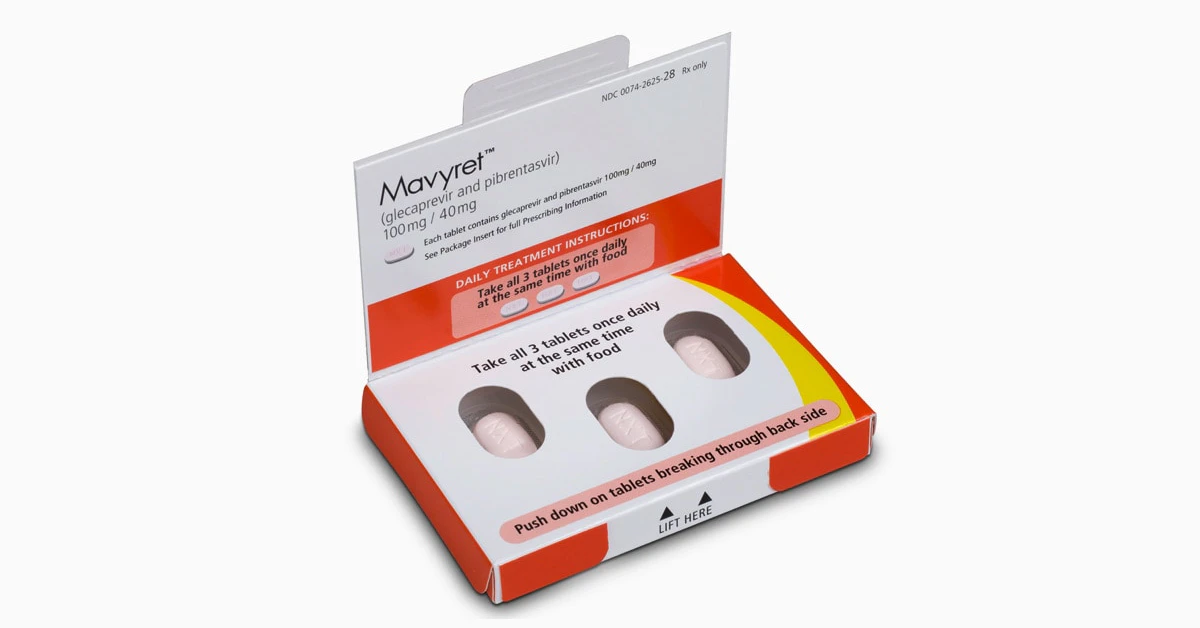
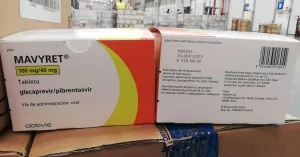


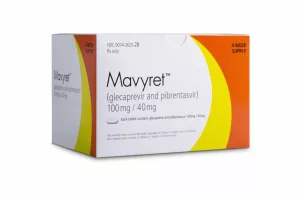



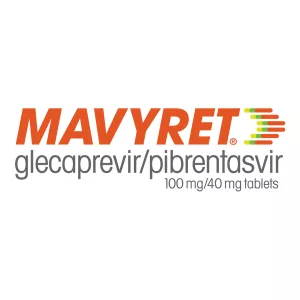


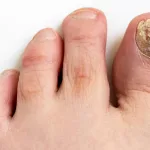

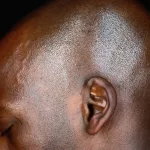






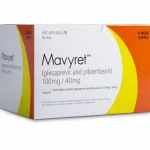



Leave a Reply
You must be logged in to post a comment.